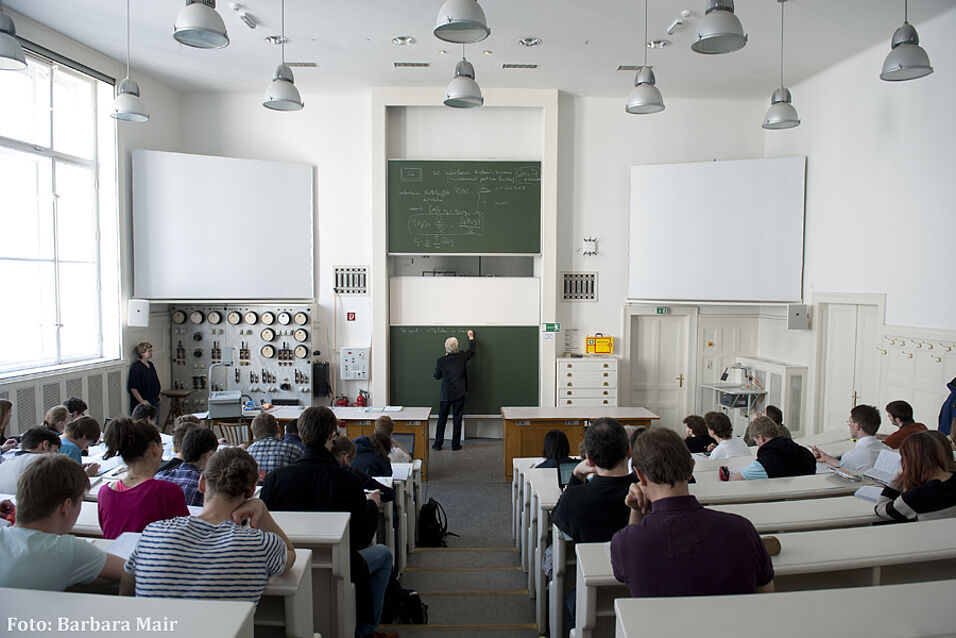Quantum physics challenges our understanding of the very nature of space and time. A well known example is Schrödinger’s gedankenexperiment, where quantum physics allows preparing a cat in a superposition state of being dead and alive. The preparation of such counter-intuitive states can be confirmed by observing matter-wave interference, which has been achieved with massive test particles consisting of up to hundreds of atoms. As such tests are performed with increasingly massive test particles, it becomes increasingly challenging to isolate the test particles from their environment. This is imperative to prevent interactions with the environment from destroying the quantum superposition. Achieving this isolation places strict requirements on macroscopic quantum experiments in terms of the environmental temperature and the vacuum conditions. While some of these challenges can, in principle, be met by using ultra-low temperature cryostats and vacuum equipment, experiments on Earth also face the challenge of dealing with low-frequency vibrations and limited free-fall times. For increasingly high test masses, these restrictions may eventually become insurmountable. To address these challenges, I have proposed to perform such tests of quantum physics in space. Here, I will present my work towards this goal and the challenges we still face.
Rainer Kaltenbaek (Vienna): Towards space-based tests of the foundations of quantum physics
Location:
Verwandte Dateien

Foto: Barbara Mair
